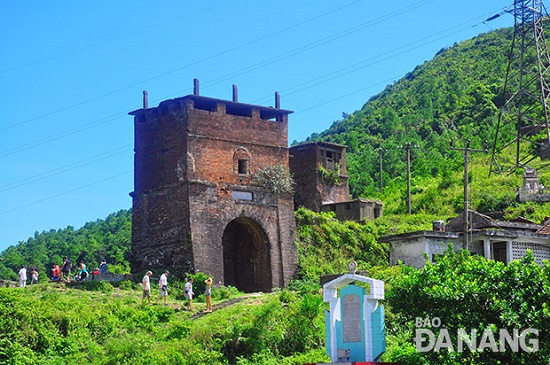Proposals to boost PPP investment
The public-private partnership (PPP) form of investment is considered a key factor in implementing a simplified and transparent public administration. The implementation of PPP helps localities nationwide reduce the financial burden on their budgets for public investment, lower their public debts, and enhance the efficiency of their investment and State management work.
Realising the advantages of this form of investment, the Da Nang authorities are making every effort to appeal for public-private cooperation in its large projects.
In particular, the city has revealed a list of 19 projects, totalling over 16,470 billion VND, which will be offered for PPP. Included are the 4,000 billion VND Lien Chieu Port, the 2,828 billion VND Software Park No 2, the 2,385 billion VND Hoa Lien Commune water supply plant, a 2,200 billion VND hazardous-waste incineration plant, the 2,000 billion VND Ngu Hanh Son Cultural and Historical Park, a 668 billion VND wholesale market for livestock and poultry, and Hoa Khanh Industrial Park’s 500 billion VND wastewater treatment plant.
 |
| The Hai Van tourist site - one of the city’s PPP projects |
Master's degree-holder Vo Van Toan, Director of the company Ky Viet Engineering Consultant and Investment, has suggested that the Da Nang authorities should create an open investment environment and ensure certainty about the rights of investors in order to attract more private investors. The focus should be on facilitating domestic and foreign private businesses to uphold their internal resources, and increase their competitiveness and the feasibility of PPP projects.
The Deputy Director of the Viet Anh Construction company, Mr Ho Nguyen Quang Vinh, remarked “Da Nang should boost its administrative reforms and ensure that the implementation of PPP projects will match with the city’s socio-economic development plans. More support policies for businesses should be issued, especially relating to site clearance and administrative procedures, and any difficulties arising during the implementation of PPP projects should be promptly handled”.